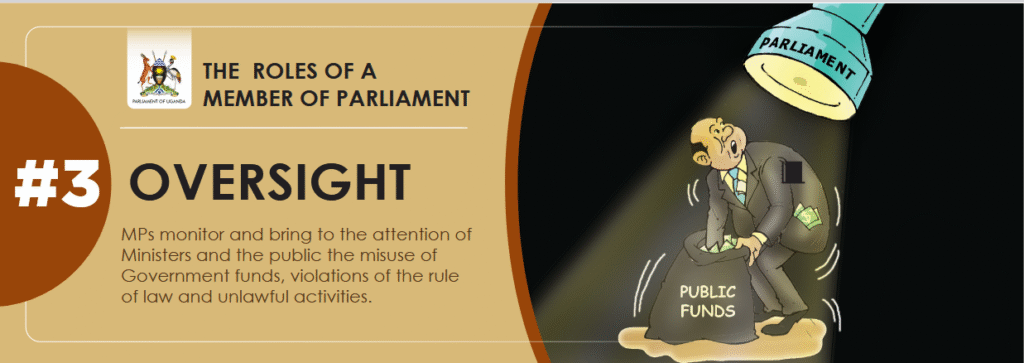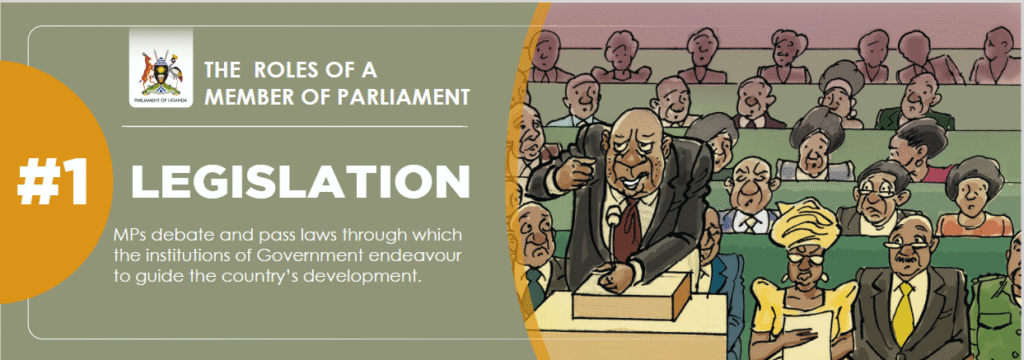By Mary Asujo
Betty Najjuma a resident of Nasuuti, in Mukono District believes she has gradually become a neurotic which is to say that she is continuously concerned about her health.
Whenever she goes to the doctor, she’s complaining about something new. While some times it has to do with migraines, and sleep orders, other times it is just about joint pains and excessive sweating. Her doctor has to give ear to this ever-growing list of discomforts over and over.
Najjuma is actually contemplating 53 years of age and her doctor has revealed that what she is experiencing now are the signs and symptoms of menopause.
Well, many women don’t seek treatment for the menopause and neither do they go for any medical advice.
But it can be such a troubleshooting stage in a woman’s life, which if mismanaged could easily translate into adverse effects even deadly ones.
The menopause, sometimes referred to as the “change of life”, is the end of menstruation. This is where a woman’s ovaries stop producing an egg every four weeks. Levels of the hormones Oestrogen and Progesterone go up and down in the years leading up to menopause, then decline. Symptoms may include hot flashes and night sweats, disturbed sleep, vaginal dryness or itching, bladder problems, and mood changes.
Menopause is said to occur 12 months after the last menstrual period and marks the end of menopausal cycles. Menopause can happen in your 40’s or 50’s.
According to Dr. Zziwa Bukalu, a reproductive health, Specialist at Memorial medical Centre, Bweyogerere, and menopause is a natural biological process that comes with aging.
Although it also ends fertility, one can stay healthy and sexual. Some women feel relieved because they no longer need to worry about pregnancy.
“Even so, the physical symptom, such as hot flashes, and emotional symptoms of menopause may disrupt your sleep, lower your energy or for some women trigger anxiety or feelings of sadness not to mention the absence of the period, breast discomfort, depression, dry mouth, flatulence, frequent headaches, frequent urge to urinate, irritability, loss of muscle mass and mental exhaustion,” says Bukalu.
Despite all these symptoms however, most uncomfortable, is the joint pains also known as Osteoporosis.
Apart from becoming stiff, aches and swellings/ inflammation around the joint and sometimes heat are typical symptoms of menopausal joint pains and they are especially severe in the mornings. Joints which experience high impact are those of the hips and knees.
Dr Bukalu says that the Oestrogen hormone is very vital in maintaining joint and bone health. And it minimizes the swelling joint and bone health. Conversely, as one reaches menopause, levels of this hormone in the body begins to fall and this gives birth to swollen and painful joints, including all the other symptoms like hot flashes.
Meanwhile dehydration can also cause Osteoporosis. And ostrogen is also important in regulating fluid levels in the body. Therefore with declining levels of this hormone, you find that your body is unable to retain water efficiently.
You should never hesitate to seek treatment for symptoms that trouble you. Many effective treatments are available, from lifestyle adjustments to hormone therapy. If symptoms are mild, you may be able to manage them yourself, without medication.
He adds that however, medication may be recommended if your symptoms are more severe and they are interfering with your everyday life. The type of treatment that’s suitable for you will depend on your symptoms, medical history and your own preferences. Treatment options include: hormone replacement therapy, vaginal lubricants, and antidepressants among others.
It works by replacing the female sex hormone, Oestrogen, which naturally begins to decrease as the menopause approaches. However it is only specialized medical personnel that can prescribe this. It is therefore advised that you regularly return to your doctor for a follow-up review.
Suzan Piyola a nurse in Kawempe Medical centre notes that this treatment is however associated with a number of side effects, including weight gain, tender breasts, nausea, headaches and mood changes.
To relieve vaginal dryness, Oestrogen can be administered directly to the vagina using a vaginal cream, or tablet. This treatment releases just a small amount of Oestrogen, which is absorbed by the vaginal tissues. It can help relieve vaginal dryness, discomfort with intercourse and some urinary symptoms.
A low-dose antidepressant for management of hot flashes may also be useful for women who can’t take estrogen for health reasons or for women who need an antidepressant for a mood disorder. Potential side effects of these antidepressants include nausea, dizziness, dry mouth, anxiety and sleeping problems.
So, before deciding on any form, of treatment, talk with your doctor about your options and the risks and benefits involved with each.
Review your options yearly, as your needs and treatment options may change.





































